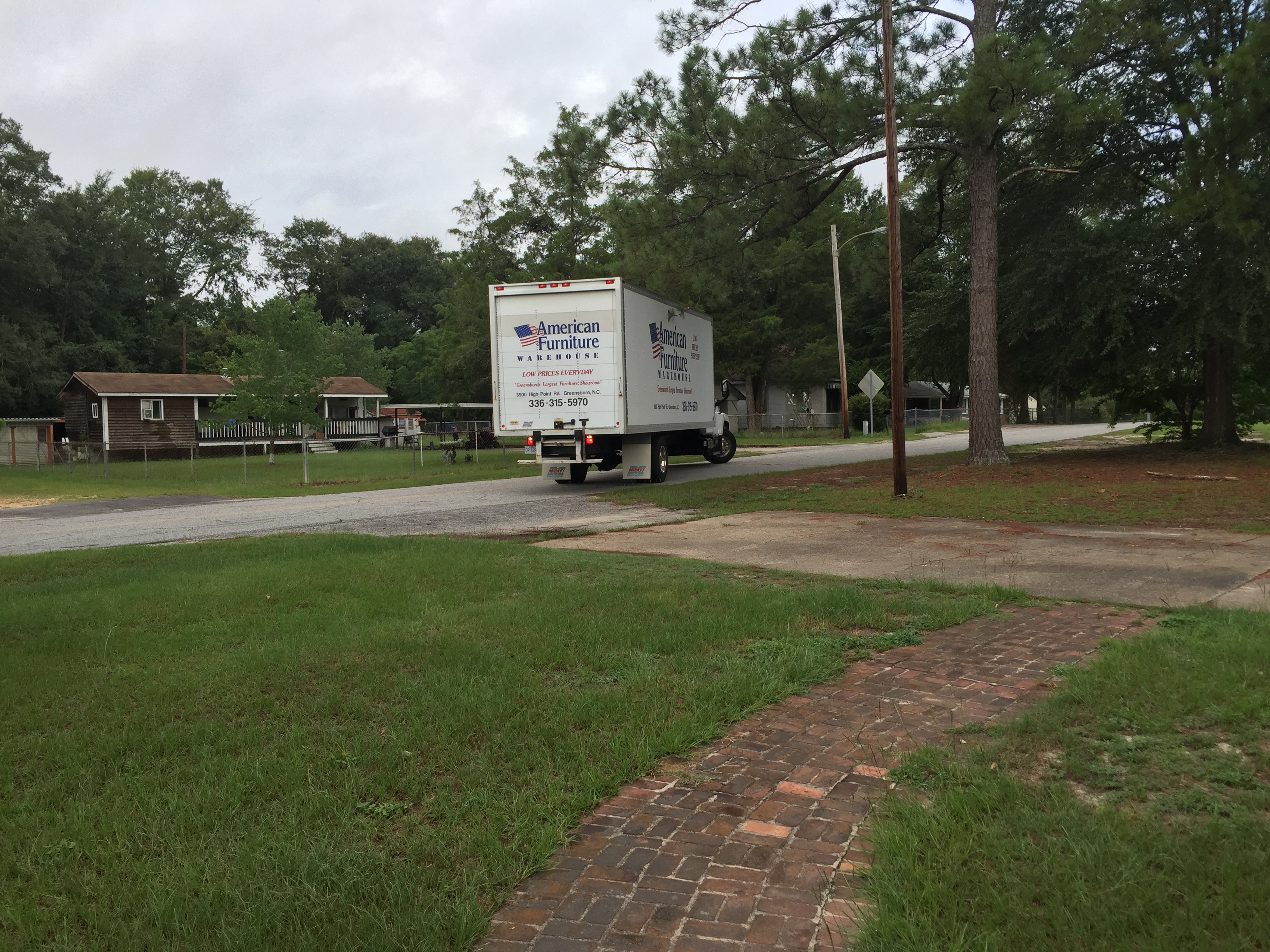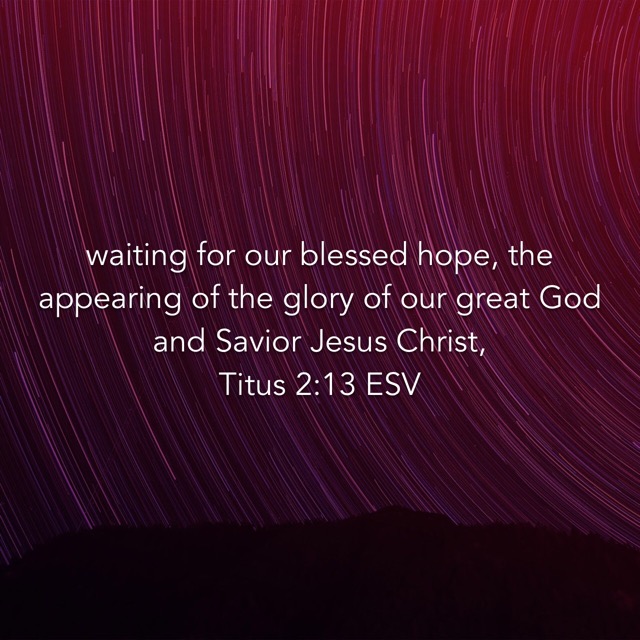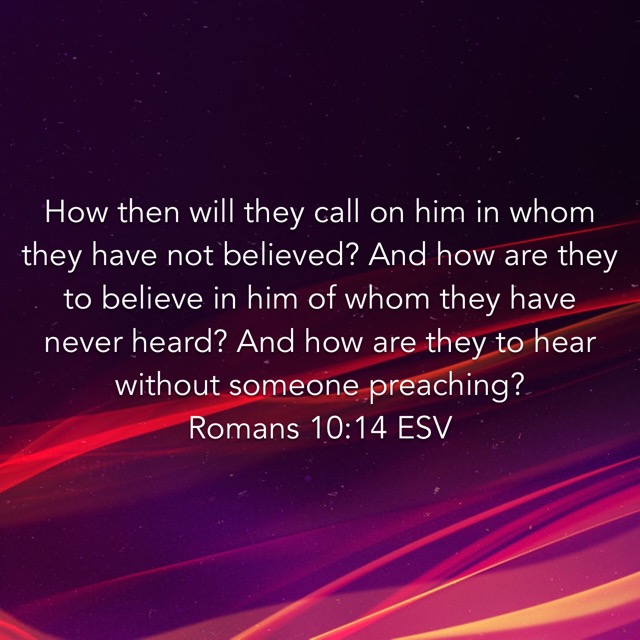1. Get a Bible
As a pastor I’ve been asked countless times revolving around what constitutes “the best translation of the Bible.” English readers have been blessed with the historical anomaly of a multitude of English translations of the Bible available to them. With the advancement of the internet and mobile phones many of these are instantly available at little to no cost. While for the past several years I have primarily used the ESV for devotional use as well as in the pulpit, how I usually answer the question over the best translation is this: “the one you will read.” If you are old school and like the printed page who also happens to live in the southern United States, just head over to your nearest LifeWay store and spend some time pulling a few different translations out and trying them out. What is easiest to read for you? If you are more connected I would suggest the YouVersion App available for Apple and Android devices. This app connects you instantly to tons of English translations as well as many other languages.
2. Get a Plan
Reading through the Bible can be a daunting task, but one that is not impossible if you have a plan. The easiest plan is to start at Genesis 1:1 and read all the way through to Revelation 22:21. Some people need a little more structure or a little more variety. The YouVersion App is also a great place to find plenty of reading plans to get you started.
3. Get to Reading
A plan is not really of much use if all it does is sit there. It must be put into practice. I have worked through different reading plans over the years. This year I have decided to change things up and over the next two years (2019-2020) I intend to follow a Bible reading plan developed by Stephen Witmer. It means I’m going to go a little slower (which is great for this stage of life) and that I’m going to spend an entire year in the Old Testament. I’m also going to be pairing that reading with an excellent resource entitled How to Read the Bible Book by Book, by Gordon Fee and Douglas Stewart. This book is like a reader’s guide to the Bible. It’s not a full-fledged commentary, but it helps set the stage and give some helpful insights to better help you understand what you are reading and a structure of a given book or passage.
4. Write It Down
Many times we may miss what the Lord may be saying to us in His Word because we hear it and it goes in one ear and out the other. Might I encourage you to write it down. If there is a verse or passage that jumps out at you-write it down. If there is a question that comes up that you wonder about, write it down so you may come back to it later. The Spirit may bring something or someone to your mind while you are reading, write it down, pray about it, and keep moving. A written record will help you log or keep track of what God may be saying to you.


